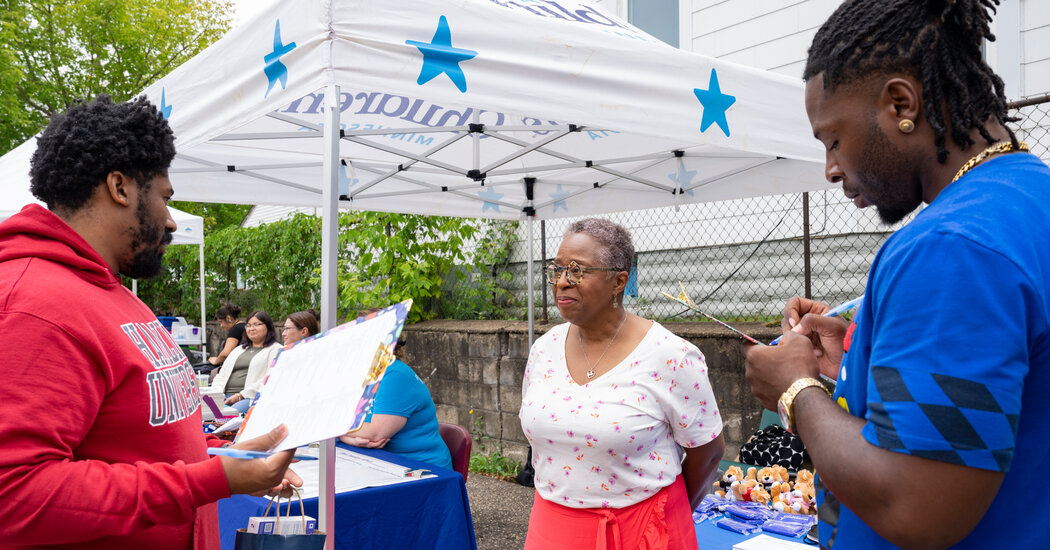
“We have criticisms of the way the initial vaccine rollout happened, but there was really a very significant effort to get everyone vaccinated,” said Elizabeth Wrigley-Field, a University of Minnesota sociologist, who mentioned mandates, financial rewards and large events. “None of that really exists with boosters.”
With Covid deaths having plateaued around 480 a day, policymakers are grappling with whether renewed investments are needed. Some states believe they are not.
In Alabama, where one-fifth of residents are boosted, Dr. Burnestine Taylor, the state’s medical officer for disease control and prevention, said officials had pared back health department clinics and become more reliant on pharmacies as demand dropped. The decision to receive additional shots, she said, now fell to individuals.
“At this point, we’re not doing a hard push,” Dr. Taylor said. “It’s a personal decision.”
Even some more proactive efforts have run into a wall of complacency. In Camden County, N.J., health workers have visited community events and knocked on doors, but they have not encountered as many takers as they had hoped, said Paschal Nwako, the health officer there.
But other health workers said that they were still winning converts, if fewer than last year, including those who had been confused about boosters or unable to find clinics with evening availability.
In Madison, Wis., Aaron Perry, a former police officer, said that $100 stipends provided by the state have helped draw a dozen or so booster recipients to his health clinic every Friday, many from Black barbershops where he also runs health screening centers.
